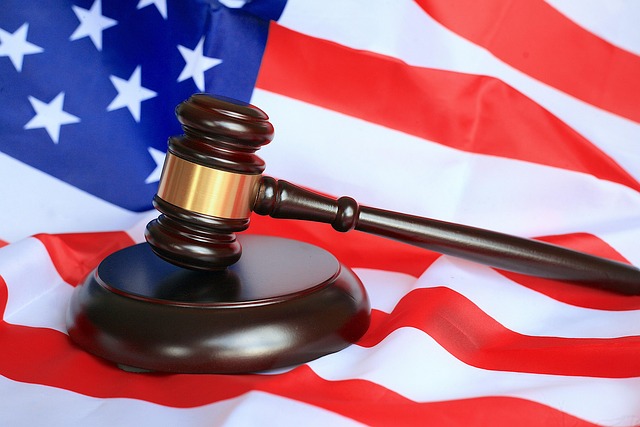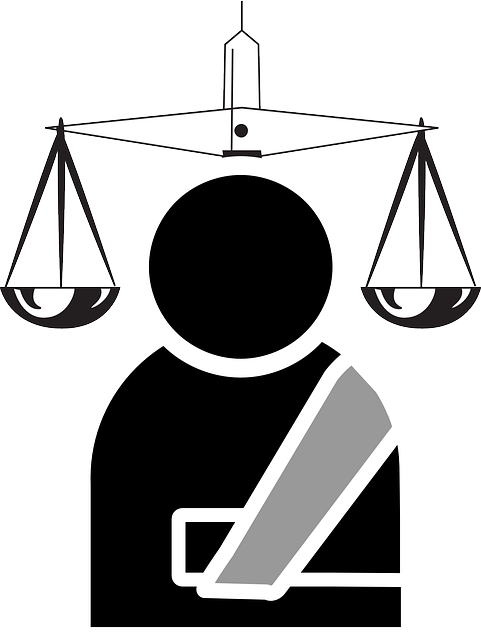Reopen Denied PTSD Injury Claim: A Comprehensive Guide

Understanding the denial process for a PTSD injury claim is crucial for protecting your rights. Insu…….
In a world where the psychological scars of trauma can have profound and lasting effects, the concept of a ‘PTSD injury claim’ emerges as a crucial mechanism for recognizing and compensating individuals who have endured post-traumatic stress disorder (PTSD). This article delves into the multifaceted aspect of PTSD injury claims, exploring its definition, global impact, economic implications, technological integrations, policy frameworks, challenges, successful case studies, and future prospects. By examining these various facets, we aim to provide a comprehensive understanding of this vital process and its role in supporting those affected by traumatic events.
A PTSD injury claim is a legal process through which individuals who have developed PTSD as a result of traumatic experiences can seek compensation and support. PTSD, a psychiatric disorder that develops in some people who have experienced or witnessed life-threatening or highly distressing events, can cause severe emotional and physical symptoms. The core components of a successful PTSD injury claim typically include:
The concept of claiming compensation for psychological injuries has evolved over time, gaining traction in legal systems worldwide. Historically, PTSD was less recognized as a legitimate cause for legal redress. However, as the understanding of mental health issues advanced, so did the acknowledgment of their impact on individuals’ lives. The 1980s and 1990s saw a significant shift with increased recognition of PTSD among veterans returning from military conflicts, leading to the establishment of specialized claim processes.
Today, PTSD injury claims are an integral part of social safety nets and legal frameworks, aiming to provide justice, compensation, and support to those affected by trauma. This process not only acknowledges the suffering of individuals but also fosters a culture of care and understanding for psychological injuries.
The concept of PTSD injury claims has spread globally, with each country adapting it to its legal system and cultural context. The World Health Organization (WHO) estimates that 4-5% of the world’s population will experience PTSD at some point in their lives, highlighting the universal relevance of this issue. Many countries have recognized the need for specialized mechanisms to handle PTSD claims, ensuring individuals receive appropriate support.
The landscape of PTSD injury claims varies across regions:
PTSD injury claims have significant economic implications, influencing both public and private sectors:
Technology plays a pivotal role in modernizing PTSD injury claims processes:
The regulation of PTSD injury claims varies across jurisdictions but generally involves a combination of government policies, legal precedents, and industry standards:
The VA’s compensation program in the United States is a remarkable example of a well-structured PTSD claim system. It offers financial compensation, medical care, and vocational rehabilitation to veterans with PTSD related to their military service. The program’s success lies in its comprehensive approach, which includes:
Canada’s workers’ compensation system offers a comprehensive framework for employees who develop PTSD on the job. The process involves:
Japan has implemented effective PTSD claim processes following natural disasters like the 2011 Tohoku earthquake and tsunami. The approach includes:
PTSD injury claims represent a critical aspect of social support for individuals affected by trauma. The global recognition and evolution of this process reflect the growing understanding of psychological injuries and their impact on people’s lives. By examining various facets, from historical context to technological advancements, we’ve highlighted the complexity and potential of PTSD claim systems worldwide.
As these claims continue to adapt and grow, it is essential to address challenges, learn from successful case studies, and embrace emerging trends to ensure that individuals with PTSD receive the compensation, support, and care they deserve. The future prospects for PTSD injury claims offer hope for enhanced recovery and improved quality of life for those who have endured traumatic experiences.
Q1: What is the difference between PTSD and other mental health disorders?
PTSD is a specific mental health disorder that typically develops after exposure to a traumatic event. It is characterized by intrusive memories, avoidance behaviors, negative changes in thinking and mood, and heightened arousal. Unlike other mental health conditions, PTSD involves a strong connection to a traumatic experience, and its symptoms are often triggered by reminders of the event.
Q2: How do I know if I have PTSD?
Diagnosing PTSD should be done by a qualified healthcare professional who specializes in mental health. They will assess your symptoms, their impact on your daily life, and whether they meet the diagnostic criteria outlined in manuals like the DSM. Common symptoms include flashbacks, nightmares, severe anxiety, depression, and avoidance of trauma-related triggers.
Q3: Can I claim compensation for PTSD if it developed due to a non-traumatic event?
Most legal frameworks specifically require a traumatic event as a prerequisite for claiming compensation related to PTSD. Traumatic events are typically defined as those that involve severe distress and have the potential to disrupt an individual’s sense of safety or well-being. Non-trauma-related stressors, such as work stress or financial difficulties, alone may not qualify for PTSD injury claims.
Q4: What role does technology play in modernizing PTSD claims processes?
Technology streamlines and improves various aspects of PTSD claim processing. Telehealth allows remote consultations, online assessments aid in initial screening, and digital platforms offer therapeutic interventions. AI and data analytics enhance efficiency, while VR therapy provides innovative treatment options. These advancements make PTSD care more accessible and personalized.
Q5: How can I access support for PTSD if I live in a rural area?
If you reside in a rural area with limited mental health resources, consider the following options: reach out to local community organizations or healthcare providers for assistance; explore telemedicine services that offer remote counseling and therapy; and utilize online resources and mobile apps designed for self-management of PTSD symptoms.

Understanding the denial process for a PTSD injury claim is crucial for protecting your rights. Insu…….

Post-Traumatic Stress Disorder (PTSD) significantly impacts family dynamics due to behavioral change…….

Post-Traumatic Stress Disorder (PTSD), a significant impact of life-threatening events, affects dail…….

Navigating PTSD injury claims involves overcoming intricate legal challenges, emphasizing the need f…….

Individuals with PTSD injuries face unique challenges in claims processes, requiring extensive medic…….

Post-Traumatic Stress Disorder (PTSD), a mental health condition stemming from traumatic experiences…….

Post-Traumatic Stress Disorder (PTSD), triggered by traumatic events like accidents or disasters, ca…….

Post-Traumatic Stress Disorder (PTSD) is a complex mental health condition stemming from traumatic e…….

Post-traumatic stress disorder (PTSD) significantly affects individuals who have experienced trauma,…….